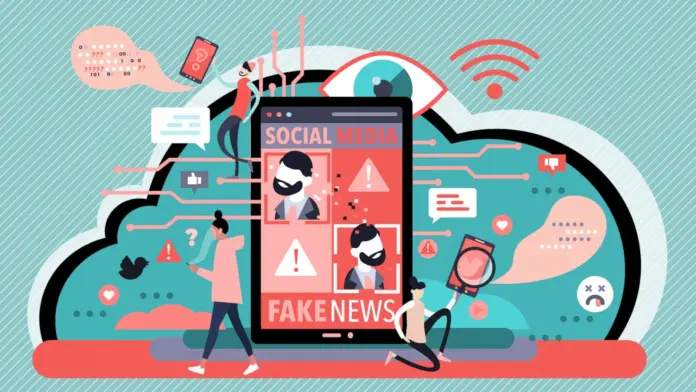🏛️ The Role of Media in Punjab Politics – Shaping Minds, Movements, and Mandates
Punjab, a state steeped in resistance, reform, and revolution, has long been a land where politics is not just a seasonal event but a part of everyday conversation. In this politically aware and socially engaged landscape, the media plays an extraordinarily influential role — acting as a mirror, a messenger, and at times, a mobilizer.
📰 A Tradition of Political Engagement
Punjab’s media has historically been intertwined with its political landscape. From the days of colonial resistance through newspapers like Punjabi Tribune and Ajit, journalism in the state has often served as a tool of empowerment and activism. Today, this legacy continues as media channels help shape public opinion, influence electoral outcomes, and keep political power in check.
Whether it’s covering issues of farmer distress, drug abuse, Dalit rights, or economic policies, media in Punjab consistently brings public attention to critical matters that directly affect voters.
🎯 Media as a Public Opinion Shaper
In Punjab, where political allegiance can vary dramatically from district to district, media outlets serve as vital sources of information that sway public perception. Televised debates, news editorials, and viral digital content help voters analyze manifestos, assess candidates, and understand the broader implications of their vote.
The rise of regional television networks like PTC News, Zee Punjab Haryana Himachal, and digital platforms like Daily Post has increased reach, especially in rural and semi-urban areas. These platforms not only report the news but often become arenas for political engagement — hosting town hall discussions, phone-in shows, and interviews with key figures.
📲 Social Media and the New Political Stage
With the penetration of smartphones and cheap internet, social media has emerged as a powerful political battleground in Punjab. Political parties now maintain strong digital presences and invest heavily in online campaigns. Twitter trends, Facebook live sessions, WhatsApp forwards, and YouTube channels are all used to connect with voters — especially the youth.
However, this digital expansion brings its own challenges, including the spread of fake news, manipulated narratives, and polarizing content. Here, media literacy and fact-checking efforts are more important than ever.
🕵️ Media as a Watchdog
Perhaps one of the most critical roles of the media in Punjab is that of a watchdog. Investigative journalism has unearthed many political scandals—from corruption in local governance to drug mafia-politician nexuses. Journalists have often paid a price for their courage, facing intimidation, legal threats, and in some cases, violence.
Despite these risks, many independent reporters and citizen journalists continue to ask hard questions, highlight discrepancies, and hold leaders accountable. This watchdog function is essential in maintaining the health of Punjab’s democracy.
⚖️ Objectivity, Biases, and Accountability
While the media’s influence is undeniable, it is not without its flaws. Partisan reporting, sensationalism, and paid news have raised concerns about media integrity. Some outlets have been accused of favoring certain political parties or suppressing dissenting voices. This erosion of objectivity is a growing concern, especially during elections when media should be most impartial.
To counter this, media houses must invest in ethical journalism, editorial independence, and transparent funding models. Media education institutions in Punjab are beginning to address these issues by training the next generation of journalists in digital ethics, fact-checking, and accountability.
🏛️ The Verdict: Media as the Pulse of Punjab’s Democracy
In Punjab, the media is not a passive observer. It’s an active participant in the political process — informing, educating, influencing, and at times, igniting movements. In a state where political decisions deeply impact every household, the media’s voice matters just as much as the vote.
Punjab’s democracy thrives not just because people speak — but because the media dares to listen, question, and report.









